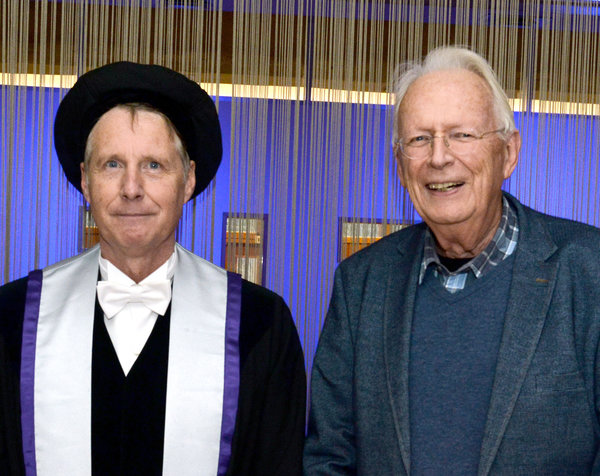Mission
Our mission is to improve patient safety in healthcare by reducing preventable injuries and death. To attain these goals, we will analyse organisational and human factors by researching determinants that either positively or negatively affect patient safety. Using empirical and intervention studies, we aim to learn and develop innovative approaches towards safer patient care.
History
The Centre for Safety in Healthcare originates from the section Safety and Security Science of the faculty of Technology, Policy and Management of Delft University of Technology. This section originated in 1978, when at a symposium an academic, scientific approach towards safety in society was deemed necessary. To attain to this topic, the section of Safety and Security Science is born, with a chair in Safety Sciences in 1984, followed by an additional chair regarding hazardous materials in 2013 and the chair in Safety in Healthcare in 2017.
The Centre for Safety in Healthcare was established in 2020 thanks to a generous gift from Dr. Ir. Koos Visser to the faculty of Technology, Policy and Management of TU Delft. The aim is to facilitate research into the human, organisational and technical factors that affect safety in high-risk industries, such as the Healthcare sector. Control over safety and security in the current complex socio-technical society is still insufficient. Its shortcomings are visible in multiple incidents in organisations and networks in our society. In the vision of the section Safety & Security sciences, scientific research and education into safety sciences will contribute to a safer society, especially to safety in Healthcare.
Koos Visser his life has been dedicated to safety. After his studies in chemical technology at the TU Delft and his dissertation at the University of Pittsburgh he worked for the Royal Dutch Shell. After 7 years in research, he became the coordinator concerning safety and environmental affairs fot the Dutch Shell branches. Due to the great number of accidents, safety took a prominent place on the political agenda. His research and policy domain was the safety of the distribution, transport and storage of hazardous materials and the communication with local residents.
In 1983, Koos Visser became the head of safety of Shell International Exploration and Production where safety became a top priority, driven by the high number of accidents within Shell. He sought help with the then leaders in this industry, like Dupont and Exxon. The main conclusion was, that the key to obtaining a higher safety level lies in taking responsibility by the leaders in this industry. The active help of psychologists and sociologists was acquired and together led to the Tripod initiative under leadership of professor Wagenaar of Leiden University. The outcome of this cooperation between physical and social sciences became world famous. Research in this interdisciplinary domain led a.o. to the broadly known Swiss Cheese model of Reason, the Tripod Beta & Delta methods for failure analysis and the safety culture levels of Hudson, as carried out in Shells’ Hearts & Minds program. These efforts in their entirety led to a drastic drop in the number and severity of injuries.
With the initiation of the Dutch Counsil for Transport Safety, the main predecessor of the Safety Research Council, Koos Visser saw the possibility to maintain his social activities and share and expand his knowledge and experience in safety management, also in other industries.
In his work for the Safety Research Council, Koos was confronted with matters concerning healthcare. His impression of safety in Dutch healthcare was rather positive, but nevertheless he saw opportunities for improvement. It was shown in reports that knowledge from the tech industry can be beneficial and applied in healthcare. Like in other industries, preventable deaths and injury need to be identified, analysed for their root causes and learned from.
Koos is convinced scientific research lies at the basis of this process. To meet this end, he financed the part time chair ‘Safety in Healthcare’ at the faculty of Technology, Policy and Management of the Delft University of Technology. This chair is taken by Professor Jop Groeneweg, who has been closely involved with the development of safety management. In 2020, Koos Visser decided to give a further impulse to research into safety in healthcare with the establishment of the Centre for Safety in Healthcare. This centre is embedded at the faculty of Technology, Policy and Management of the Delft University of Technology under professor Pieter van Gelder. Director of the Centre is professor Jop Groeneweg.

